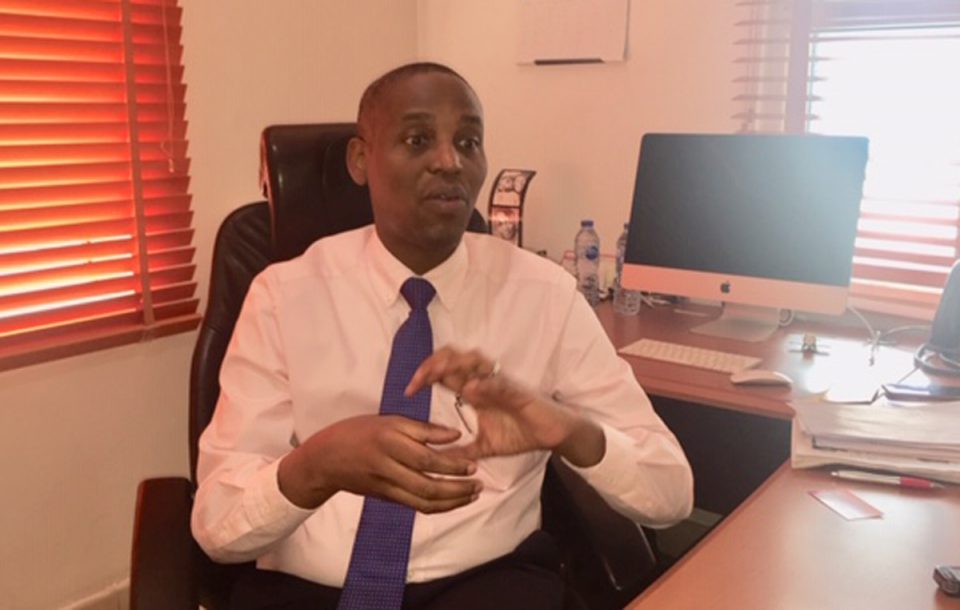Stakeholders in the aviation sector have expressed grave concern over a recent spate of air mishaps involving a military aircraft.
Speaking in separate interviews in Lagos on Sunday, the aviation industry players expressed the belief that the Air Force should properly investigate the Beechcraft King Air planes on its fleet in order to prevent further crashes.
Former Chief Executive Officer of Aero Contractors, Capt. Ado Sanusi, advised the government to call for foreign experts to look into the safety, maintenance and other areas of the Airforce plane with a view to find out the root course.
Sanusi, who is also the former managing director of the Nigerian Airspace Management Agency (NAMA), spoke on the need to take a holistic review of the entire operation of the Air Force, with a view to ascertaining if there are specific problems that need to be addressed.
He said that all over the world, aviation has relied on Military Airforce for direct safety standard to adopt. According to him, Airforce aircraft is reliable and efficient.
“I think we need to look at the operations of the Nigerian Air Force to see whether there are specific problems that need to be looked into. We have to look at the machines, maintenance and technical capability,” he said.
Asked whether the Nigerian Civil Aviation Authority should be involved in the investigation, Sanusi said that there was nothing wrong as far as it would help in boosting the safety of military operations.
Speaking on the grounding of aircraft, he said that both the operators and the regulator can ground airlines.
He said that operators have the responsibility to ensure they operate in a very safe environment, adding that the regulator also has the responsibility of ensuring the operators operate in a safe manner and also following laid down operating procedures.
Still, on grounding commercial aircraft, stakeholders identified airworthiness and overdue routine maintenance A, B, C, D checks as part of key factors that could lead to the grounding of aircraft.
The A, B, C and D checks are the aircraft maintenance schedule and programmes that help to coordinate various inspections and overhaul activities of aircraft. ‘A’ and ‘B’ checks are lighter checks, while ‘C’ and ‘D’ are considered heavier checks.
Aircraft operators may perform some work at their own facilities, but often checks, and especially the heavier checks, take place at the Maintenance, Repair and Overhaul (MRO) company sites.
After a designated number of flight hours and pressurisation cycles, each aircraft must undergo a comprehensive check at a maintenance and engineering base.
TBI Africa reports that some commercial airlines operating in the country recently had their planes grounded. The affected are the First Nation, Chanchagi, Sosoliso, ADC, IRS, Cargo Air and Bellview airlines.
Dr Gbenga Olowu, President, Aviation Safety Round Table Initiative (ASRTI), said that non-compliance with details of those maintenance checks carried out and documented could lead to the grounding of the airlines.
Olowu, however, said that many other factors could be responsible for the grounding of an airline.
He added that grounding a plane could also be due to human errors, technical fault or inadequate maintenance. According to him, there are authorised MROs and licensed parts suppliers who supply tagged parts. “Caution must be taken, however, not to patronise sellers of bogus parts untagged,’’ he said.
He said that security issues were delicate to handle but frequent that Air force crash in one single year could be due to poor oversight functions by its supervising authority.
The ARSTI president said that paucity of funds for routine maintenance, training and retraining of personnel or outright sabotage could also be responsible.
Capt. Dele Ore, an aviation expert, said that operators are by themselves supposed to ground their commercial aircraft if they failed to meet all aviation standards.
Ore, who is also a past president of ASRTI, said there were standard operating procedures that guide the aviation industry.
He added that anytime these procedures are been deviated from, the regulator set on to enforce sanctions. According to him, operators must ensure that the airworthiness standard status remains valid. “They must also ensure that the personnel are well taken care of,’’ Ore said.
Weather, he said, is also another factor for grounding aircraft and when any airline is liable for some deficiencies, it has to be reported to the regulator.
“Operators can also ground airlines if they lack sufficient bond to pay for salaries, maintenance and other services.”
Another member of ASRTI, Mr Olumide Ohunayo said that grounding of aircraft could be voluntary when the airline technical team pronounced lack of certification, lack of crew or expiration of duration.
Ohunayo also said that non-availability of spare parts could also lead to the grounding of aircraft and other electrical issues.
Although, most of the aviation experts who spoke to TBI Africa declined to comment on the crashed Airforce plane, saying that the crash is under investigation.




